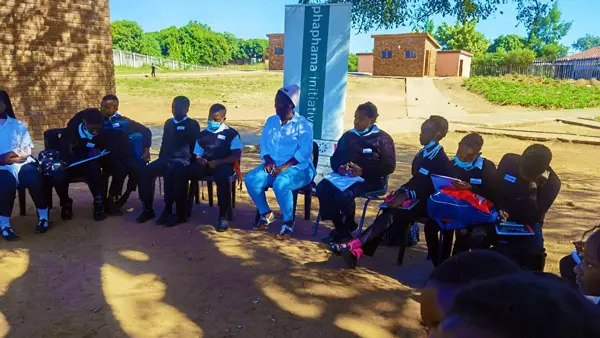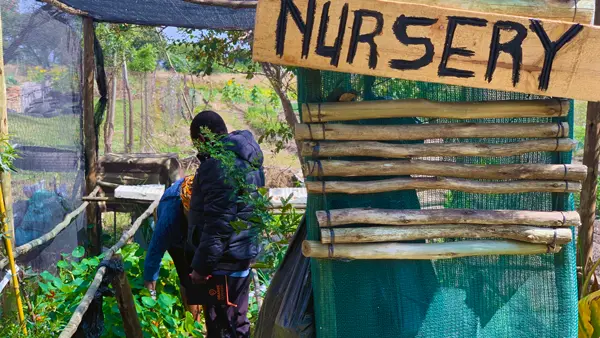
The Making a Living (MaL) programme adopts a holistic approach towards realising our vision of healthy people and communities by facilitating economic activity that will also start addressing food insecurity. For example, by using agroecology principles, we are teaching people to grow food for themselves and then to sell to their community and broader markets. But none of this is possible without, at the same time, providing experiential life skills coaching to enable people to develop healthy interpersonal relationships, which are critical to success.
MaL has three key implementation components:
Each of these components are also implementable as individual violence prevention interventions.
This component of the MaL focuses on building individual interpersonal and community development skills. Using our tried and tested methodologies based on the Alternatives to Violence Project (AVP), Gender Reconciliation (GR) and Life-skills coaching experiential workshops we run an 8-10 day training with our participants.

When they have completed this workshop, participants have learned to communicate in ways that transform conflict non-violently. These skills are particularly useful in creating constructive working relationships, enthusiastic collaboration and common purpose. They have done deep emotional work on their own experiences of gender disharmony and injustice, with the intention of discovering new pathways of mutual respect, authenticity and healing between women and men. Finally, they have practical skills in how to lead and impart knowledge and skills to others, building their abilities to become youth mentors and leaders in their families and communities.
As a special violence prevention intervention, Youth Mentorship focuses on presenting children and youth (most of whom grow up in dysfunctional families at risk of some form of abuse) with role models from their own communities who are trained and are monitored as proactive citizens and mentors for children and youth in schools, prisons, youth agencies and other organised formations in townships and rural areas.
Through this programme these children and youth get a chance to develop into responsible, positive, productive and economically active members of their communities and citizens of South African society. Since 2016 Phaphama has been successfully implementing Youth Mentorship in various communities of Gauteng, Limpopo, Free State and Mpumalanga. Click here to learn more about our successful implementation of Youth Mentorship.
Community Mapping is essentially a tool to involve people in a community in jointly:
Researching their community; Imagining a better future, and Taking action together to bring that future to life.
As a key MaL component, Commnity Mapping can take anything between three to five days of taking participants through the theoretical and practical work of assets-based mapping in their community.
It is generally a combination of several different activities:

In this component, participants also get to have a basic understanding of the circular economy and how this impacts the economic wellbeing of their community.
This component was developed in partnership with Andersson Afrika.
Our approach to this component of MaL is in the form of a five-day workshop dealing with three integrated methods of sustainable farming. These include agroecology, permaculture and regenerative systems.

This component was chosen as the economic activity because:
This component is implemented in partnership with Ukuvuna.
Signup to receive our latest news